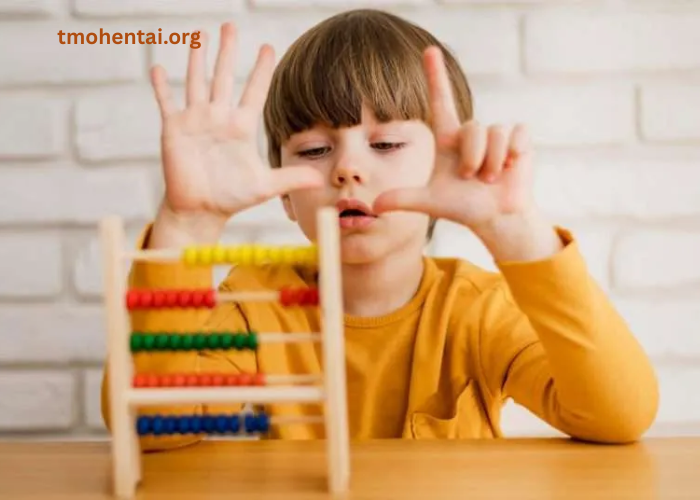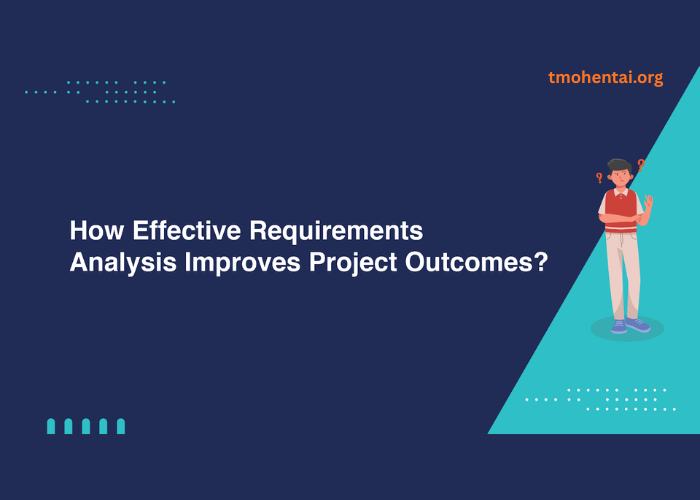Castle Hills parents spend countless hours researching the perfect educational foundation for their children. The question keeping many awake at night isn’t just about finding quality childcare—it’s about ensuring their little ones develop the academic skills and confidence needed to thrive in elementary school and beyond. While traditional preschools focus on basic compliance and group activities, Montessori education offers something fundamentally different: premium Montessori programs in Castle Hills TX that build genuine academic readiness from the ground up.
The pressure to choose correctly feels overwhelming when parents see their neighbors’ children struggling with kindergarten expectations or falling behind in reading and math. Castle Hills families want their children entering elementary school not just prepared, but genuinely excited about learning and equipped with the independence to succeed in competitive academic environments.
The Foundation That Makes the Difference
Montessori education operates on principles that directly address what elementary schools expect from incoming students. Rather than teaching children to sit still and follow directions, authentic Montessori programs cultivate intrinsic motivation, self-discipline, and genuine curiosity about the world around them.
Children in Montessori environments learn to make choices, manage their time, and take responsibility for their education from an early age. They work at their own pace with materials designed to build concrete understanding before moving to abstract concepts. This approach creates learners who don’t just memorize facts but truly understand the “why” behind what they’re studying.
The mixed-age classroom structure means younger children naturally absorb advanced concepts from older peers, while older students reinforce their knowledge by mentoring others. This dynamic creates confident communicators who aren’t intimidated by challenging material or new social situations.
Building Academic Skills That Last
The literacy development in quality Montessori programs goes far beyond traditional phonics instruction. Children engage with sandpaper letters that connect the visual, tactile, and auditory aspects of language learning. They build words with moveable alphabets before they can even write, developing spelling patterns and phonetic awareness that makes reading feel natural rather than forced.
Mathematical understanding develops through hands-on exploration with golden beads, number rods, and other concrete materials that make abstract concepts tangible. Children don’t just learn to count—they develop number sense, understanding place value and mathematical relationships in ways that prepare them for advanced problem-solving in elementary school.
The scientific thinking fostered through nature-based learning and hands-on exploration creates students who approach new challenges with curiosity rather than anxiety. They learn to observe, hypothesize, and test their ideas—skills that serve them well across all academic subjects.
Critical thinking emerges naturally when children have freedom to explore open-ended materials and pursue their interests deeply. They learn to analyze information, make connections between concepts, and express their ideas clearly—abilities that distinguish them in competitive academic environments.
Beyond Traditional Kindergarten Prep
Most conventional school readiness programs focus on surface-level skills like recognizing letters and sitting quietly during circle time. While these abilities matter, research consistently shows that Montessori graduates outperform their traditionally-educated peers in reading comprehension, mathematical reasoning, and creative problem-solving.
The independence cultivated in Montessori environments means children arrive at elementary school comfortable advocating for themselves, seeking help when needed, and taking ownership of their learning. They’ve already experienced the satisfaction of mastering challenging material through their own effort and persistence.
Social-emotional development receives equal attention to academic preparation. Children learn to resolve conflicts peacefully, work collaboratively on projects, and show respect for diverse perspectives. These skills prove invaluable when they encounter the social complexities of elementary school.
The self-regulation developed through practical life activities and freedom of movement means Montessori graduates can focus when necessary but aren’t overly dependent on external structure to direct their behavior.
Real Results in Competitive Environments
Country Day Montessori graduates consistently gain acceptance into prestigious educational programs throughout the region, including charter schools designed for gifted students and academically rigorous private institutions like the Texas Military Institute. These successes aren’t accidental—they reflect the solid foundation built through authentic Montessori education.
Parents frequently report that their children find elementary school work engaging rather than overwhelming. Teachers notice that former Montessori students demonstrate unusual maturity in their approach to learning, taking initiative on projects and helping classmates who struggle with concepts.
The confidence built through years of self-directed learning means these children aren’t fazed by new academic challenges. They’ve developed the resilience and problem-solving skills needed to tackle difficult material without becoming discouraged or dependent on constant adult guidance.
Supporting the Academic Journey
Parents worry about how their children will handle increased academic expectations, longer school days, and less individualized attention in elementary school settings. Montessori education addresses these concerns by gradually building the stamina, focus, and independence children need to thrive in more structured environments.
The multi-age classroom experience means children have already learned from older role models and taken leadership roles with younger peers. They understand that learning happens at different paces and that everyone has unique strengths to contribute.
Work periods of increasing length naturally develop the concentration span elementary schools expect. Children become comfortable working independently for extended periods while also collaborating effectively when group projects arise.
The Country Day Difference
The unique features of authentic Montessori education become particularly evident in specialized environments like butterfly conservatories and working gardens where children engage in real scientific observation and hands-on learning. These experiences create the kind of deep, memorable connections that support long-term academic success.
Small class sizes ensure each child receives individualized guidance while still developing the social skills necessary for larger group settings. Cognia accreditation provides families with confidence that their children are receiving education that meets rigorous academic standards.
The experienced educators who guide this process understand child development and know how to nurture each student’s unique potential while preparing them for future academic challenges.
Castle Hills parents seeking genuine academic preparation for their children find that authentic Montessori education provides not just school readiness, but a foundation for lifelong learning success. The investment in this approach pays dividends throughout a child’s educational journey, creating confident, capable students who excel in competitive academic environments while maintaining their natural love of learning.





